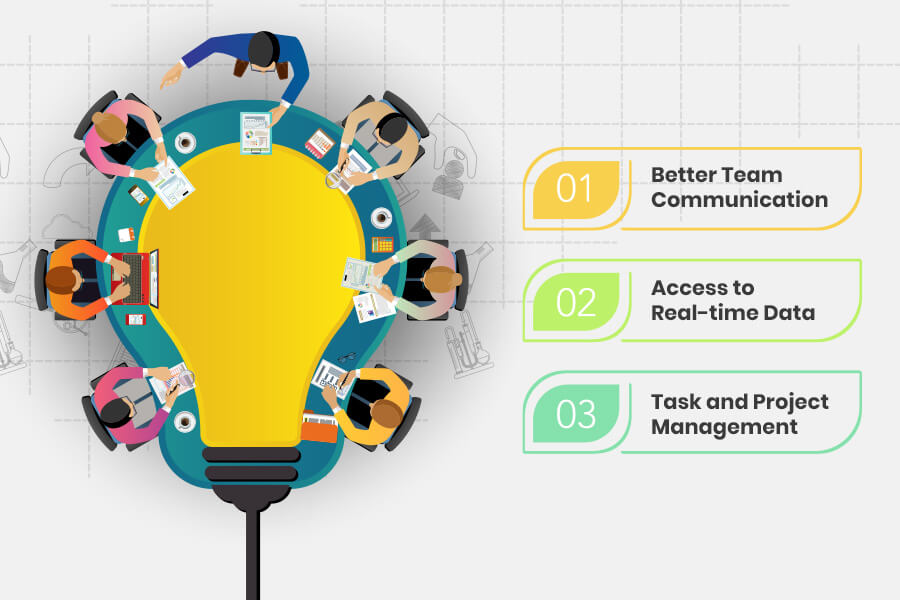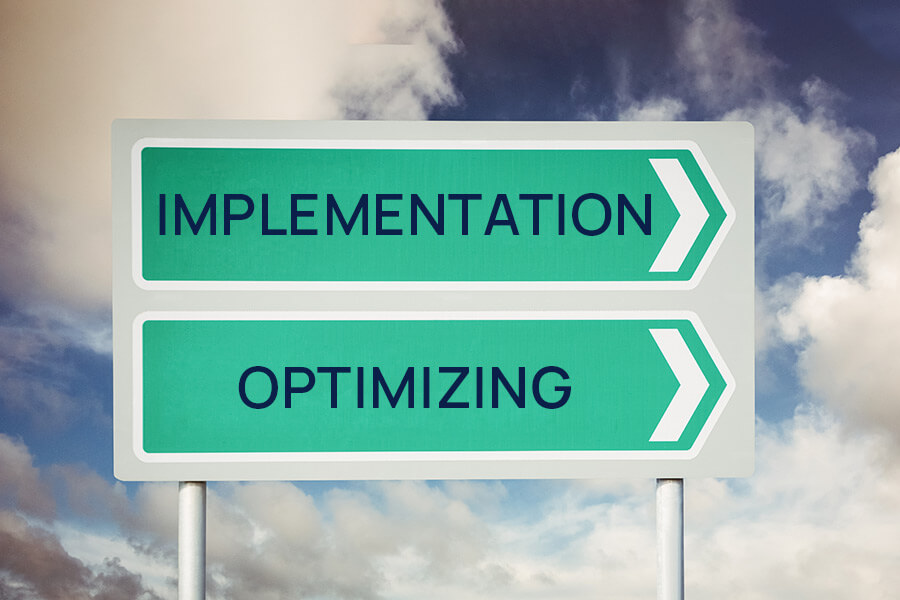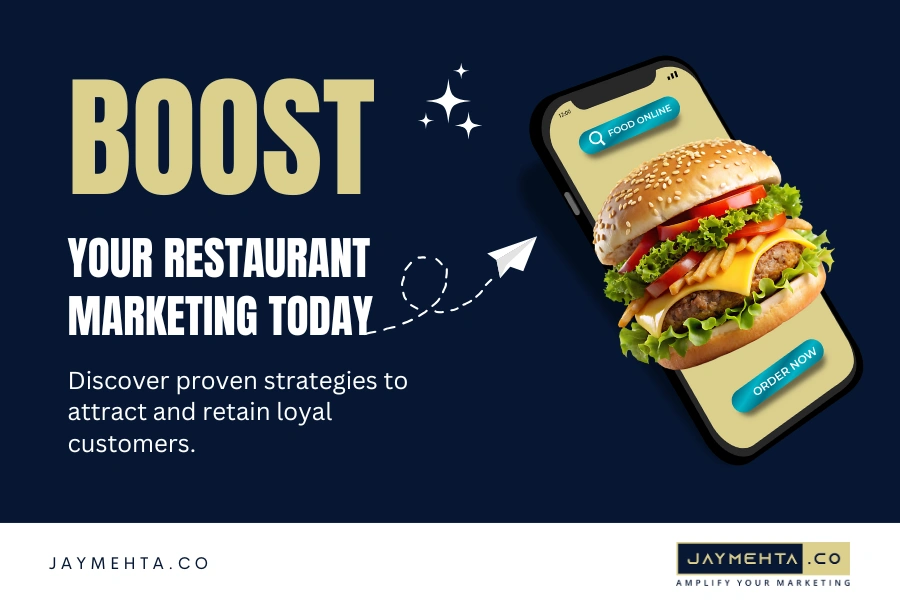Introduction
Welcome to the dynamic world of modern business! In order to thrive in this fiercely competitive landscape, it’s essential to stay ahead of the curve. One of the most exciting and effective ways to do this is by implementing a cutting-edge Customer Relationship Management (CRM) system. I have been using a CRM system for over a decade and it makes my day to day job so much easier and efficient. I do everything from sending emails, tracking deals, managing websites, communicating internally & externally, managing tasks and managing automated workflows through my CRM system. Why CRM is essential for your business success, watch this video:
The way I have implemented my CRM system has saved me several hours in my work life and also allowed me to be extremely productive.
CRM is a very powerful tool that has become indispensable for businesses of all sizes, providing unparalleled insights into customer behavior, streamlining processes, and boosting sales to unprecedented heights. In this comprehensive guide, we’ll show you exactly why CRM is so essential and how it can revolutionize your business operations, unleashing a new era of excitement, growth, and success!
Understanding Customer Relationship Management
A. What is CRM?
CRM stands for Customer Relationship Management. It is a strategy that businesses use to manage interactions with customers and potential customers. The goal of CRM is to improve customer satisfaction, loyalty, and retention by collecting and analyzing customer data, automating business processes, and providing personalized experiences. CRM software is often used to facilitate these activities.
Definition and Core Functions
CRM, or Customer Relationship Management, is a software solution that helps businesses manage customer interactions, track leads, and nurture relationships throughout the customer lifecycle. The core functions of CRM systems include contact management, sales and marketing automation, customer service and support, and reporting and analytics. There are several different kinds of CRM systems namely Strategic, Operational, Analytical, Collaborative & Customer Data Platforms.
B. The Evolution of CRM
1. Early Beginnings
CRM has its roots in the 1970s when businesses began to use database marketing to store and analyze customer information. The Farley File, created by James Farley, Franklin Roosevelt’s campaign manager, is considered one of the earliest examples of modern-day CRM. It was a detailed collection of records containing personal and political information on individuals who were either scheduled to meet with FDR or had already met him or Farley. The idea of database marketing, which involves the use of statistical methods to gather and analyze customer data, was first introduced by Kate and Robert Kestenbaum in 1982. Four years later, Pat Sullivan and Mike Muhney developed the first contact management service called ACT! The 1990s saw the emergence of sales force automation, which laid the foundation for modern CRM systems. Early CRM solutions were primarily on-premises installations, requiring significant investment in hardware and maintenance. To keep up with the rapidly growing stand-alone CRM solutions, established enterprise resource planning software companies such as Oracle, SAP, and Navision began expanding their sales, distribution, and customer service capabilities by integrating CRM modules. They achieved this by incorporating CRM features, such as sales force automation and extended customer service (such as inquiry and activity management), within their ERP systems.
2. CRM in the Digital Age
The rise of cloud computing in the early 2000s revolutionized CRM, allowing for more accessible and scalable solutions. Today, CRM systems leverage advanced technologies, such as artificial intelligence, machine learning, and big data, to deliver personalized experiences and predictive insights.
3. The Future of CRM
The future of CRM will likely involve further integration with emerging technologies like the Internet of Things (IoT), virtual and augmented reality, and blockchain. These technologies will enable more immersive customer experiences and even greater levels of automation and personalization. Start setting up a CRM in your infrastructure to get the support you need to grow your business today, don’t say I didn’t advise you.
Why CRM is Important for Your Business
A. Enhanced Customer Relations
1. Personalized Interactions
CRM systems enable businesses to collect and analyze customer data, allowing for more personalized and relevant interactions. By understanding individual preferences, needs, and behaviors, companies can tailor their marketing and sales efforts to resonate with each customer.
2. Improved Communication
CRM systems centralize customer information, ensuring that all team members have access to the same data. This allows for more consistent and efficient communication, reducing the risk of miscommunication and ensuring customers receive a seamless experience.
3. Efficient Issue Resolution
CRM systems provide tools for tracking and managing customer support requests, ensuring that issues are resolved promptly and effectively. This leads to increased customer satisfaction and loyalty.
B. Streamlined Business Processes
1. Centralized Data Management
CRM systems store all customer data in one central location, making it easy for employees to access and update information. This eliminates data silos and ensures that everyone has access to the most up-to-date and accurate data.
2. Automated Workflows
CRM systems automate routine tasks, such as lead nurturing, follow-up reminders, and marketing campaign management. This not only saves time and resources but also minimizes the risk of human error and ensures consistency across all customer touchpoints.
3. Advanced Reporting and Analytics
CRM systems provide powerful reporting and analytics tools that help businesses track performance, identify trends, and make data-driven decisions. By leveraging these insights, companies can optimize their strategies and allocate resources more effectively.
C. Increased Sales and Revenue
1. Lead Management
CRM systems streamline the lead management process by tracking and nurturing leads through the sales funnel. This helps sales teams prioritize their efforts, focus on high-potential leads, and ultimately close more deals.
2. Sales Forecasting
CRM systems provide sales forecasting tools that leverage historical data and predictive analytics to project future sales performance. This enables businesses to plan effectively, set realistic targets, and identify potential areas for growth.
3. Upselling and Cross-selling Opportunities
CRM systems help businesses identify upselling and cross-selling opportunities by analyzing customer behavior and preferences. This allows companies to offer relevant products and services, driving additional revenue and strengthening customer relationships.
D. Improved Employee Collaboration and Productivity
1. Better Team Communication
CRM systems promote collaboration by providing a centralized platform for team communication and coordination. This ensures that all team members are on the same page and can work together effectively to achieve common goals.
2. Access to Real-time Data
CRM systems provide real-time access to customer data, ensuring that employees always have the most up-to-date information at their fingertips. This enables them to make informed decisions and respond quickly to customer needs.
3. Task and Project Management
CRM systems often include task and project management features that help teams stay organized and on track. By managing tasks, deadlines, and resources within the CRM, businesses can ensure that projects are completed efficiently and effectively.
Selecting the Right CRM for Your Business
A. Key Factors to Consider
1. Business Size and Requirements
The right CRM system for your business will depend on factors such as the size of your company, the complexity of your processes, and your specific industry requirements. It’s essential to evaluate your unique needs and choose a CRM that aligns with your goals and objectives.
2. Integration with Existing Systems
A CRM system should integrate seamlessly with your existing tools and software, such as email platforms, website, databases, marketing automation systems, and accounting software. This ensures a smooth transition and helps you get the most out of your CRM investment.
3. Scalability and Customizability
Your CRM system should be scalable to accommodate future growth and customizable to meet your unique business needs. Look for a solution that offers flexibility in terms of features, pricing, and customization options.
4. Budget and ROI Expectations
It’s important to consider your budget when selecting a CRM system, as well as the potential return on investment. Keep in mind that while a more expensive CRM may offer additional features and capabilities, it’s essential to weigh the costs against the anticipated benefits for your business.
B. Top CRM Solutions to Consider
1. Salesforce

2. HubSpot

3. Microsoft Dynamics 365
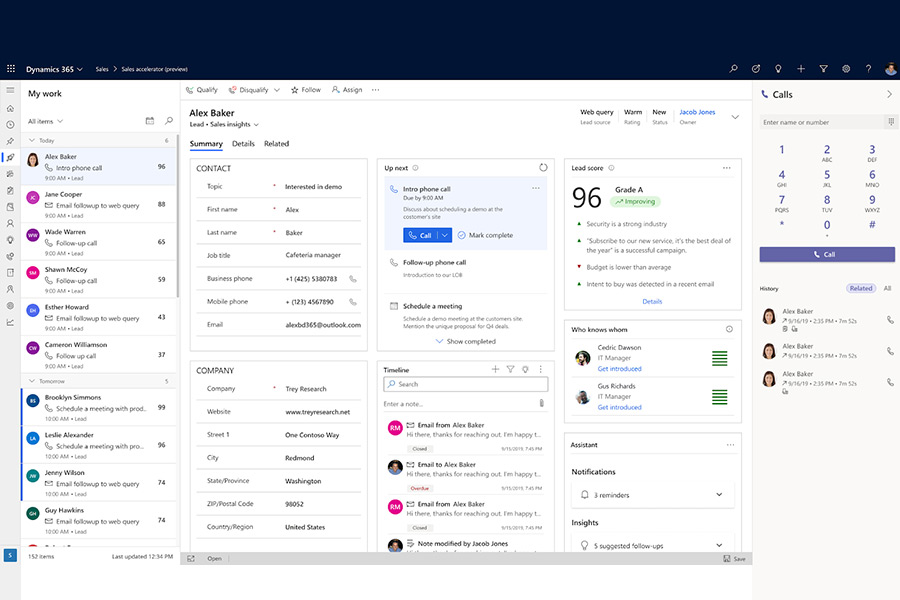
4. Zoho CRM
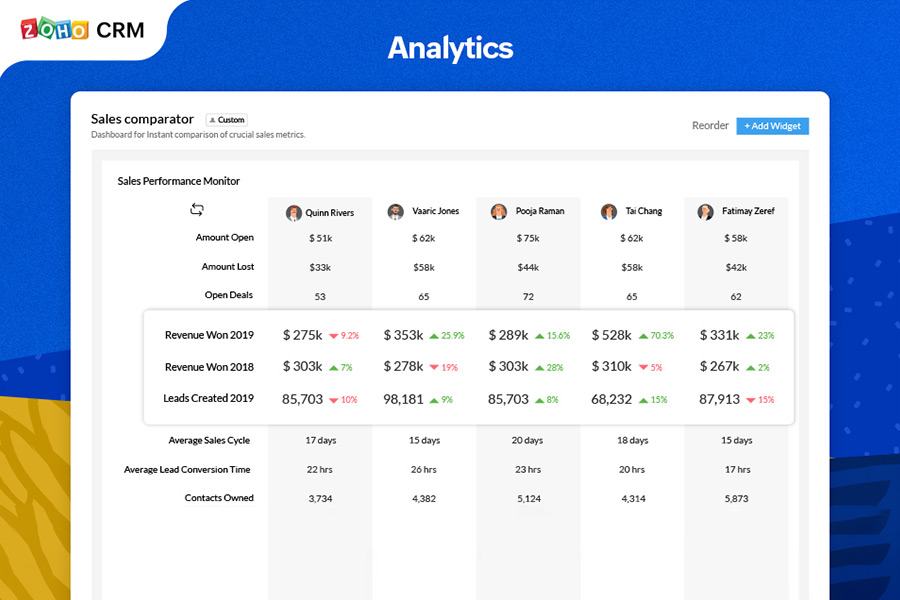
5. Monday CRM
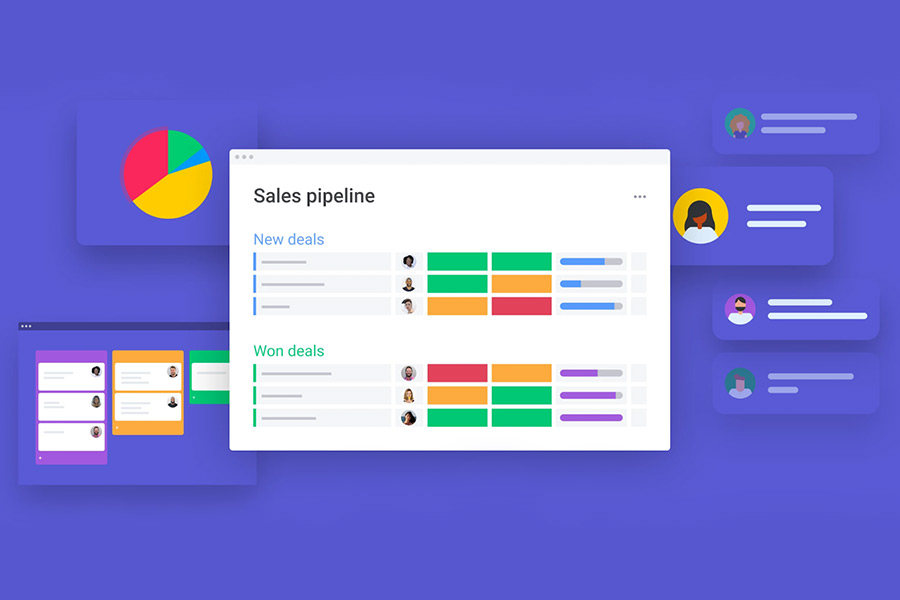
Implementing and Optimizing CRM for Success
A. Best Practices for CRM Implementation
1. Defining Clear Goals and Objectives
Before implementing a CRM system, it’s essential to define your goals and objectives. Establish what you want to achieve with your CRM, such as improved customer satisfaction, increased sales, or streamlined processes.
2. Involving Key Stakeholders
Ensure that key stakeholders, including employees from various departments and management, are involved in the CRM implementation process. This helps to create a sense of ownership and commitment, increasing the likelihood of successful adoption.
3. Conducting Regular Training and Support
Providing ongoing training and support is critical for successful CRM adoption and usage. Ensure that all users are familiar with the system’s features and functionalities, and offer additional resources and assistance as needed. You can hire an internal or an external team to manage the training & support process.
4. Monitoring and Measuring Success
To optimize the benefits of your CRM system, it’s essential to monitor and measure its performance regularly. Track key performance indicators (KPIs) related to customer satisfaction, sales, and process efficiency to identify areas for improvement and ensure that you’re meeting your goals.
B. Overcoming Common CRM Challenges
1. User Adoption
One of the primary challenges when implementing a CRM system is ensuring user adoption. To overcome this, communicate the benefits of the CRM to employees, provide adequate training and support, and involve key stakeholders in the implementation process.
2. Data Quality and Integrity
Maintaining accurate and up-to-date customer data is critical for CRM success. To ensure data quality, establish data entry standards, conduct regular data audits, and encourage employees to take ownership of data accuracy.
3. Integration with Existing Systems
Integrating your CRM with existing systems can be challenging but is essential for maximizing its value. Work closely with your CRM vendor and IT team to ensure seamless integration and troubleshoot any issues that arise.
How Jay Mehta Can Help You Implement and Optimize Your CRM System
At Jay Mehta, we understand the challenges and complexities that come with implementing a CRM system in your business environment. With our expertise and experience, we can guide you through the entire process, from selecting the right CRM solution to optimizing its performance and ensuring seamless integration with your existing systems.
A. Custom Integrations and Apps
Our team of experts at Jay Mehta can develop custom integrations and apps tailored to your specific business requirements. By creating bespoke solutions that seamlessly connect your CRM system with other tools and software, we can help you maximize the efficiency and effectiveness of your CRM investment.
B. Comprehensive Staff Training
To ensure the successful adoption of your CRM system, our team at Jay Mehta provides comprehensive training for your staff. Our training programs cover all aspects of CRM usage, from basic features to advanced functionalities, ensuring that your employees are well-equipped to make the most of your CRM system.
C. Ongoing Support and Optimization
At Jay Mehta, we believe in providing ongoing support to our clients, even after the successful implementation of their CRM system. Our team is always available to troubleshoot any issues, provide guidance on best practices, and help you optimize your CRM system for continued success.
Conclusion
In conclusion, a robust CRM system can have a transformative impact on your business, enhancing customer relationships, streamlining processes, and driving sales. By understanding the importance of CRM, evaluating your specific needs, and selecting the right solution for your business, you can unlock the full potential of this powerful tool. Implementing best practices and monitoring performance will ensure that your CRM investment leads to long-lasting success and a competitive edge in today’s fast-paced business environment. Please feel free to suggest in the comments section below what do you think about this article and if I missed anything or also if you would like me to add any other CRM systems to this list.




